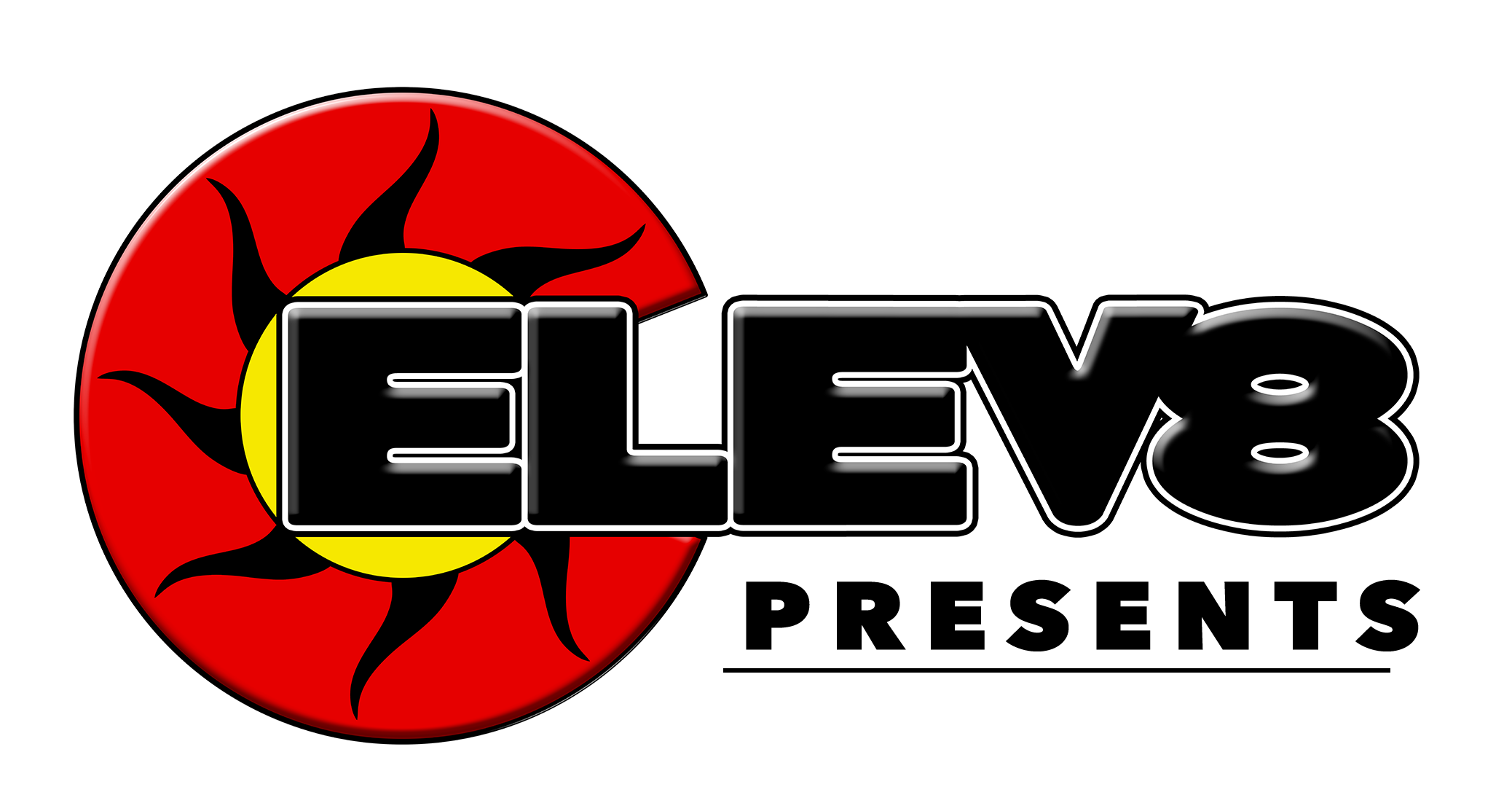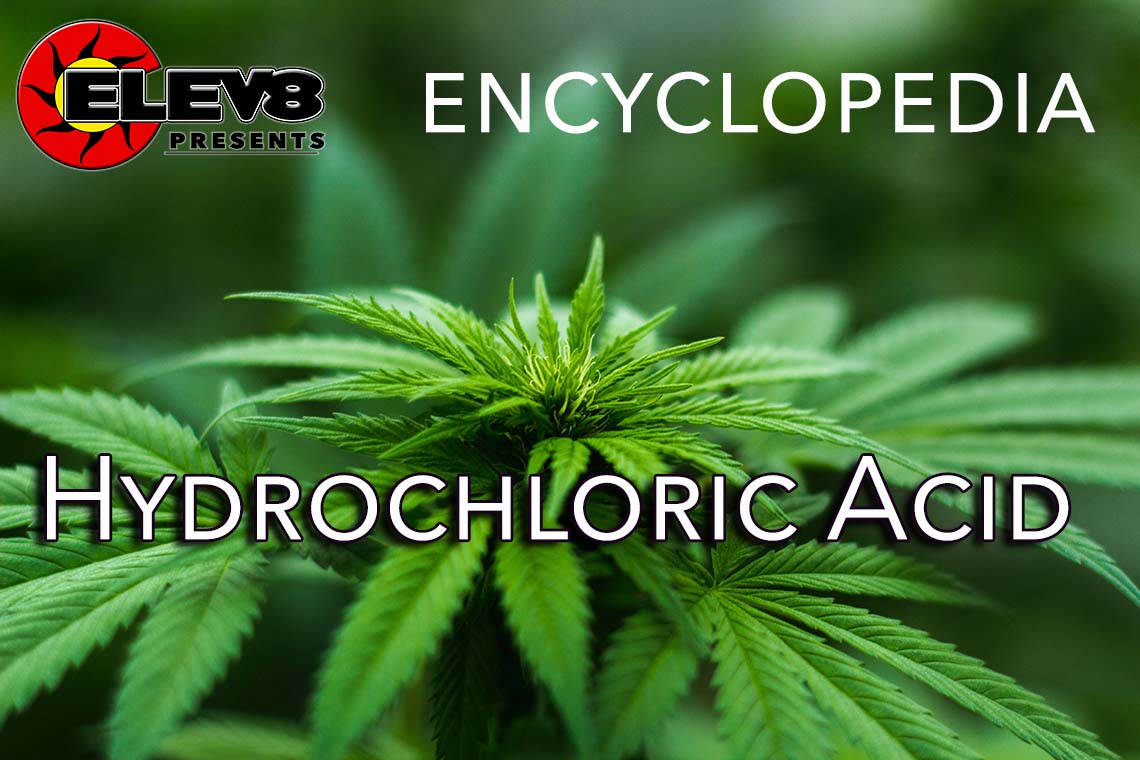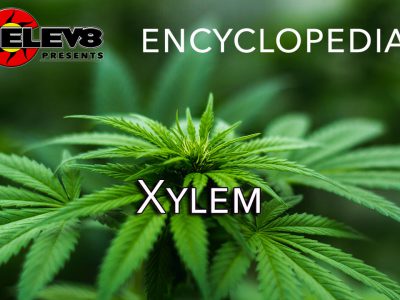What does Hydrochloric Acid mean?
Hydrochloric acid, once referred to a muriatic acid, is a caustic liquid sometimes used to acidify water and soil to achieve a lower pH level for plant growth. However, this liquid can kill plants when used in high concentrations, so caution is needed.
Hydrochloric acid is the salt of hydronium ion, H3O+ and chloride. It is almost always prepared by treating hydrogen chloride (HCl) with water.
More On Hydrochloric Acid
In order to ensure healthy growth of plants, you need to ensure that the soil and water pH are correct. Some types of plants prefer a neutral soil pH, but some prefer either alkaline and many prefer slightly acidic conditions. If you attempt to grow these plants in an area that does not have the preferred pH, you will need to manually adjust the alkalinity or acidity of the soil or water. Hydrochloric acid is one way to do this.
Note that hydrochloric acid is dangerous to humans, animals, and plants. If mixed incorrectly, it can explode, even without any flame or heat source nearby. It causes caustic burns to the skin and eyes, and can irritate the lungs, as well. Before applying any type of hydrochloric acid product, have your soil tested to ensure that the pH needs to be adjusted.
While hydrochloric acid can be used to lower soil pH, there are many other products that can do the same job without the environmental dangers associated with this liquid. These include elemental sulfur, as well as sulfate-based fertilizers. Ammonium sulfate and potassium sulfate can also be used to achieve acidification, and should be applied as a top dressing.
The acidity level of soils can be adjusted and maintained by applying heavy amounts of organic matter. As it deteriorates, it will create a slightly acidic pH that most plants prefer. Peat moss and leaf mold are good options for this, as is green manure







